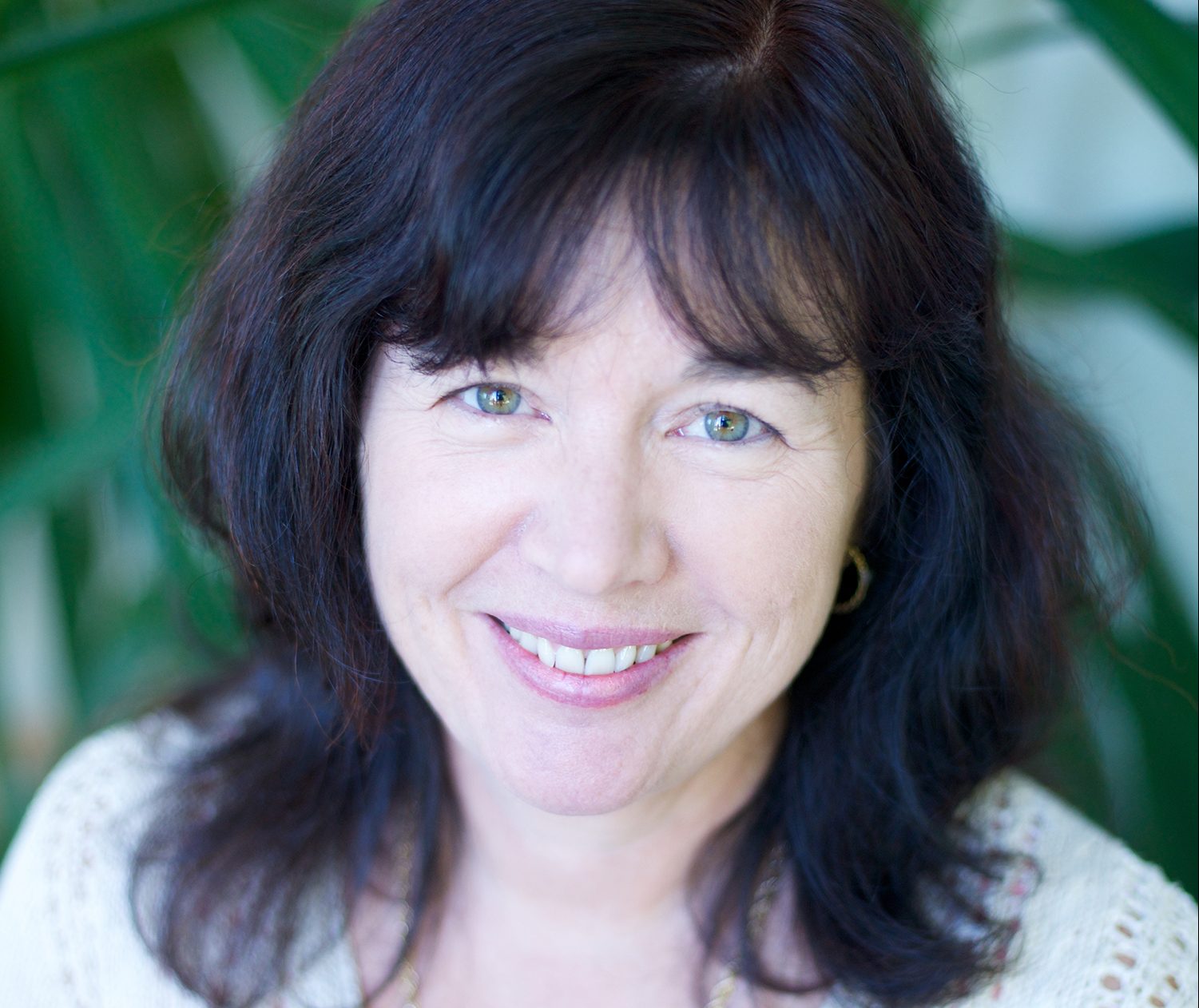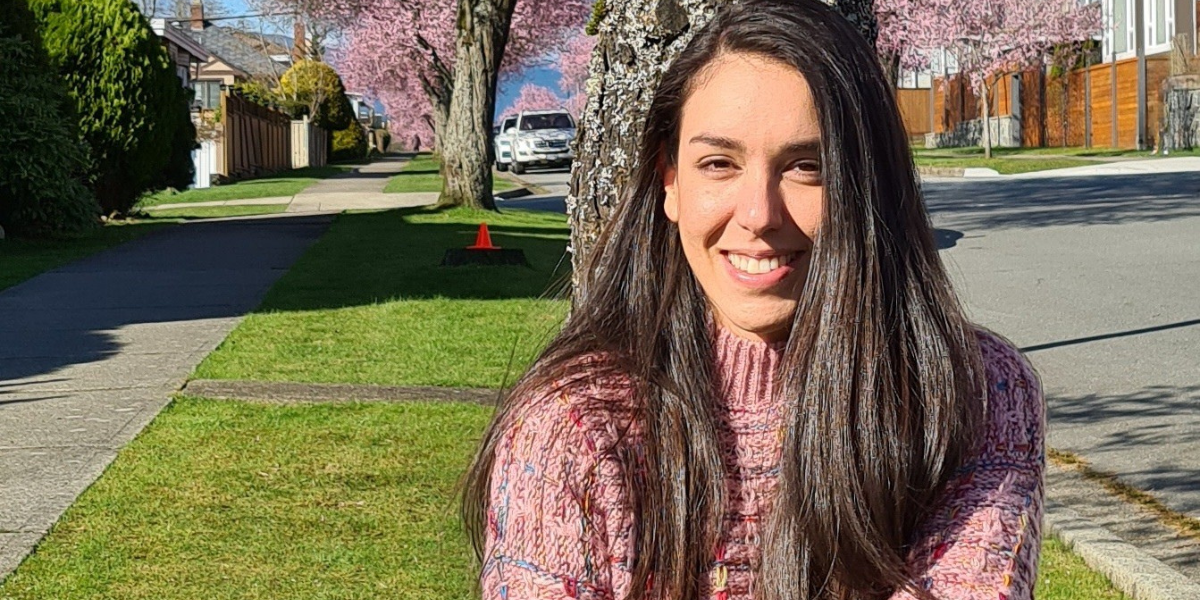
The Reproductive Mental Health Program at BC Women’s Hospital is a centre of excellence and a national leader specializing in the assessment and treatment of women with psychiatric illnesses during pregnancy and the postpartum period.
They recently joined forces with the BC Women’s Health Foundation to launch the Reproductive Mental Health campaign – raising funds and awareness for four innovative reproductive mental health initiatives.
So we asked their Medical Director, Dr. Deirdre Ryan a few questions about why supporting reproductive mental health is important to her.
Dr. Ryan did her medical training in Ireland and her psychiatry training at UBC. She has been working in the area of perinatal mental health for the past 25 years. In 2013, she was made Medical Director of the Reproductive Mental Health Program at BC Women’s Hospital. Dr. Ryan is married to a fellow Irish physician and they have three sons.
CH: We know healthcare makes a little go a long way. What impact will funds raised from GLOW have on the women and families you serve?
DR: The funds raised at GLOW will create a first class research program to improve the education, support and treatments offered to women in BC who are suffering from depression and anxiety during pregnancy or in the postpartum period.
We are particularly interested in studying how women make crucial decisions about treatment options and how offering Mindfulness Groups to both women and their partners affects overall family functioning. Funds raised will assist us in becoming a nationally recognised centre for perinatal mental health research and care.
CH: We live in a world with many competing priorities right now. What excites you most about having others recognize the Reproductive Mental Health Program at BC Women’s Hospital as worthy of their investment?
DR: I am very proud of the work done by our multidisciplinary team. We have spent over 25 years working to increase awareness of mental health conditions in pregnancy and postpartum and the profound effects that they can have on the mothers, babies and families.
I am gratified that others are recognizing how important it is to support and treat women during this vulnerable time so that they, and their families, can flourish.
CH: If someone asked you, “but why support reproductive mental health when there are so many causes that deserve our investment during this time” — what would your answer be?
DR: The first year in a baby’s life is a crucial time for development. When a mother is living with depression or anxiety during this time, her ability to bond with her baby may be impaired and the baby is at risk of developing cognitive, emotional and behavioural problems.
What could be more important than investing in research to provide effective care, based on evidence, to optimize the mother’s health and her baby’s development?
CH: Imagine what support could look like for women living with reproductive mental health challenges in say 3, or 5 years down the line – what would your dream scenario for those women be?
DR: My dream scenario would be for all women in BC to be screened for depression and anxiety in pregnancy and following the birth and for them to have timely access to the full spectrum of care options, including online support and in-person treatment, and involving the whole family in care to ensure that parents and babies flourish.
CH: Do you have a story of an early experience of working in your field that informed your outlook today?
DR: A number of years ago, I got a phone call from one of my patients, a recent immigrant from Mexico, who was in hospital for treatment of a psychotic illness. She had a two week old baby who had been apprehended and put into foster care. Her husband, who was also an immigrant with mental health concerns, was unable to look after their daughter.
The couple had no community support. My patient was imploring me to help her and her family. That day, I decided that I would do everything that I could to ensure that no other mother in BC would be separated from her baby if she required hospitalization in the postpartum period.
CH: Last question, what motivates you to get out of bed every morning in your role?
DR: This is an easy one: the babies! Nothing gives me more satisfaction than watching a mother, who has been successfully treated for a postpartum depression, enjoying her baby.
A mother that I saw earlier this week put it really well, “I can now love my baby with my whole heart.”
STAY ENGAGED
- Buy tickets for GLOW, an interactive broadcast raising funds for reproductive mental health research.
- Donate today to ensure women’s reproductive mental health needs are met.
- Learn more about our Reproductive Mental Health campaign.
- Do you have a lived experience with reproductive mental health you’d like to share? Use your voice. By sharing your story, women across the province can relate, find solace, and muster the courage to share theirs too.
BC Women’s Health Foundation is BC’s largest non-profit organization dedicated to advancing the full spectrum of women’s health. The information shared is intended to educate, inform, and point readers to credible sources. It is not intended to substitute professional medical advice.
If you are struggling with your mental health, or concerned about someone else, call the BC Mental Health Support Line: 310-6789 (do not add 604, 778 or 250 before the number). It’s free and available 24 hours a day. If you prefer to access help and support via email, contact bcpartners@heretohelp.bc.ca.
-
Lauren’s Story
Through the loss of a pregnancy and the birth of a baby, the team at BC Women’s provided the emotional suppo...
Read more -
Making Strides For Women In Midlife
Women deserve care that is evidence-based and takes a lifespan approach. Women in midlife can experience a wid...
Read more



